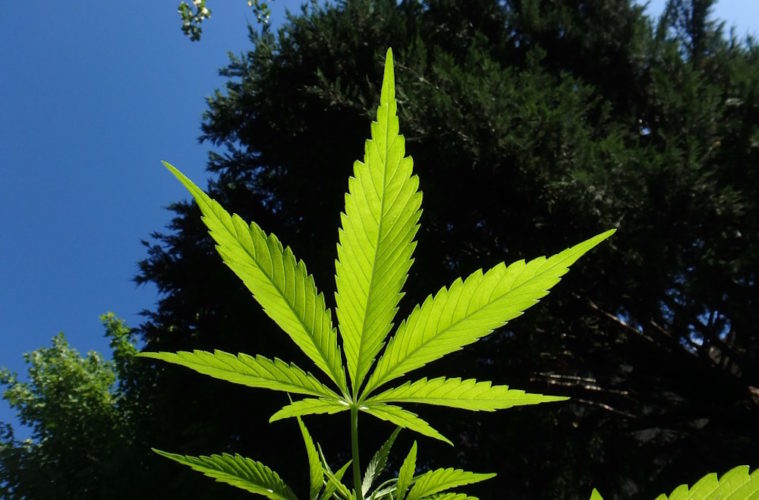The historic passage of the 2018 Farm Bill marks a watershed moment for the hemp industry in America.
At 4 pm EST on Dec. 20, President Donald Trump signed the 2018 Farm Bill into law — and hemp achieved full federal legalization in the United States for the first time since World War II.
Effective immediately, the bill moves hemp out of the Controlled Substances Act and under the supervision of the Department of Agriculture, which will be in charge of creating the new regulations for the plant.
Hemp is defined in the bill as Cannabis sativa L. plants with less that 0.3 percent THC, and includes hemp’s derivatives, extracts and cannabinoids — which means that hemp-derived CBD products are now federally legal and under the supervision of the Food & Drug Administration (FDA).
When signing the bill, Trump made no mention of hemp legalization. But he still signed the bill and applauded its ability to help American farmers.
Senate Majority Leader Mitch McConnell is responsible for the hemp legalization amendment’s inclusion into the 2018 Farm Bill, after including it in the Senate version of the bill and advocating for it as the bill moved through the conference committee. McConnell attended the ceremonial signing of the bill on Thursday.
“With the stroke of his pen, President Trump has made it official. My bill legalizing industrial hemp is law,” said McConnell in a statement. “We are at the beginning of a new era, and I cannot wait to see what comes next.”
What Rules For Hemp Does the 2018 Farm Bill Establish?
By removing hemp from the Controlled Substances List, the bill takes the hemp plant away from the jurisdiction of the Drug Enforcement Agency (DEA) and under the purview of the Department of Agriculture, which oversees the nation’s crops and food products.

[Read the full text of the bill here.]
The Department of Agriculture will be in charge of writing the specifics of the regulations around the hemp plant in the coming days, including how cultivators can get licensed, how testing will be conducted and what enforcement of the rules will look like.
States and tribal governments will also be able to write their own restrictions and requirements for the hemp industry. The only stipulation is that they are not allowed to interfere with interstate commerce.
However, the bill also includes a controversial ban that bars people with drug-related felonies from participating in the legal hemp industry for 10 years after their conviction, unless they were granted a license through a state pilot program under the 2014 Farm Bill.
“We’re feeling terrific but the battle is not over,” said Jonathan Miller, general counsel to the U.S. Hemp Roundtable, an industry advocacy organization, in comments to the Ministry of Hemp. “We’ve got state laws that we need to deal with, we’ve got the FDA issues looming.”
Ultimately, the language about hemp in the 807-page Farm Bill is quite brief, which means that many of the specifics of the new industry have yet to be decided.


